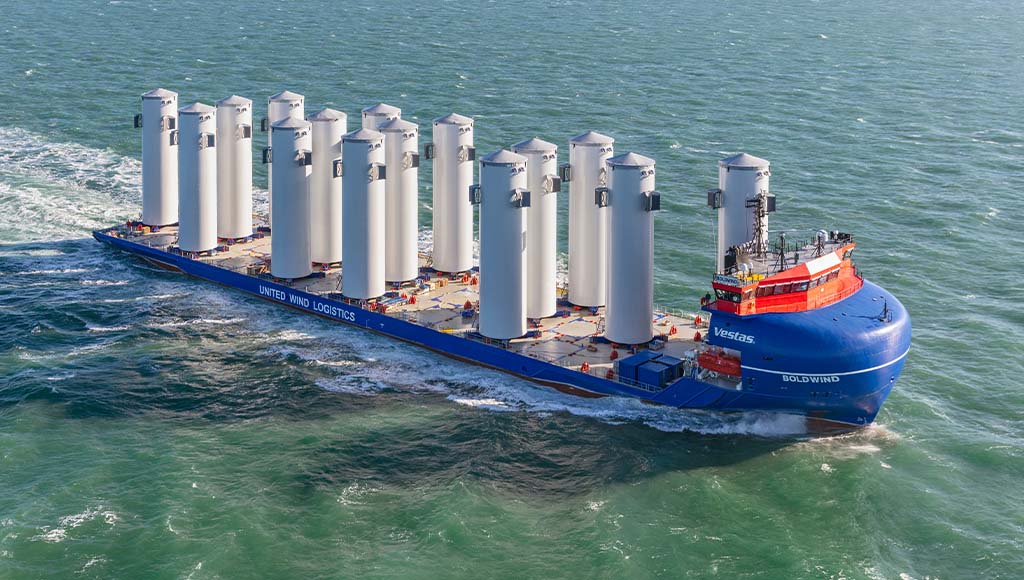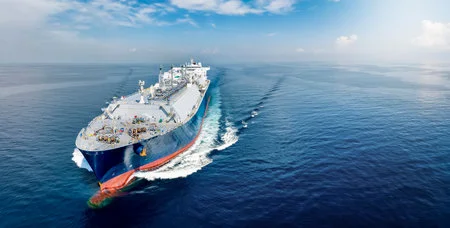
In ancient times, people had the need to transport heavy loads from one place to another. This need led to the discovery of various types of ships and cargo capacity. Over time, the concept of ships gained more and more importance. Different types of ships were available for selection, and this led to the transportation of various goods on different routes. For the transportation of heavy goods such as coal, wood, and food, the need for more powerful and stable ships is necessary. Different types of ships are associated with their own advantages and limitations. For example, cargo ships can accommodate a large volume of cargo, but they have a slower speed. On the other hand, container ships have a faster speed, but they have limited capacity. Moreover, in maritime transportation, cargo capacity is very important. For this reason, oil tankers and ultra-large container carriers have also become one of the key choices. In addition to container transport infrastructure, cargo maintenance is also one of the essentials of modern ships. This initiative has improved cargo maintenance and management and overall transportation efficiency. Of course, there are still many other factors to consider in selecting different types of ships. For example, users must consider the credibility, security, and environmental indicators of ships. In this rapidly changing world, different types of ships will continue to improve and evolve to meet the growing transportation needs of society. Overall, in the modern transportation industry, different types of ships play an important role and act as key service providers for the global economy.

Different types of cargo ships are operating in many seas. And the most common type is the container ship. They are designed to accommodate thousands of containers of standard sizes and are able to move quickly between different ports. In addition to the container ship, we have another type of cargo ship called the unloaded cargo ship, which increases flexibility and can carry various types of bulk cargo such as coal, ore, and grain. . Because of this, they usually have more storage space to accommodate different load needs. There is another special type of cargo ship called oil tanker. Oil tankers are specially designed to carry petroleum liquids and natural gas and are usually larger than other cargo vessels and require special procedures and security measures to ensure their safety. Of course, there are still many other types of cargo ships such as self-driving cargo ships, mobile cargo ships, etc. Each of them has its own unique characteristics, but the goal of all of them is the same; Transport cargo safely and efficiently.